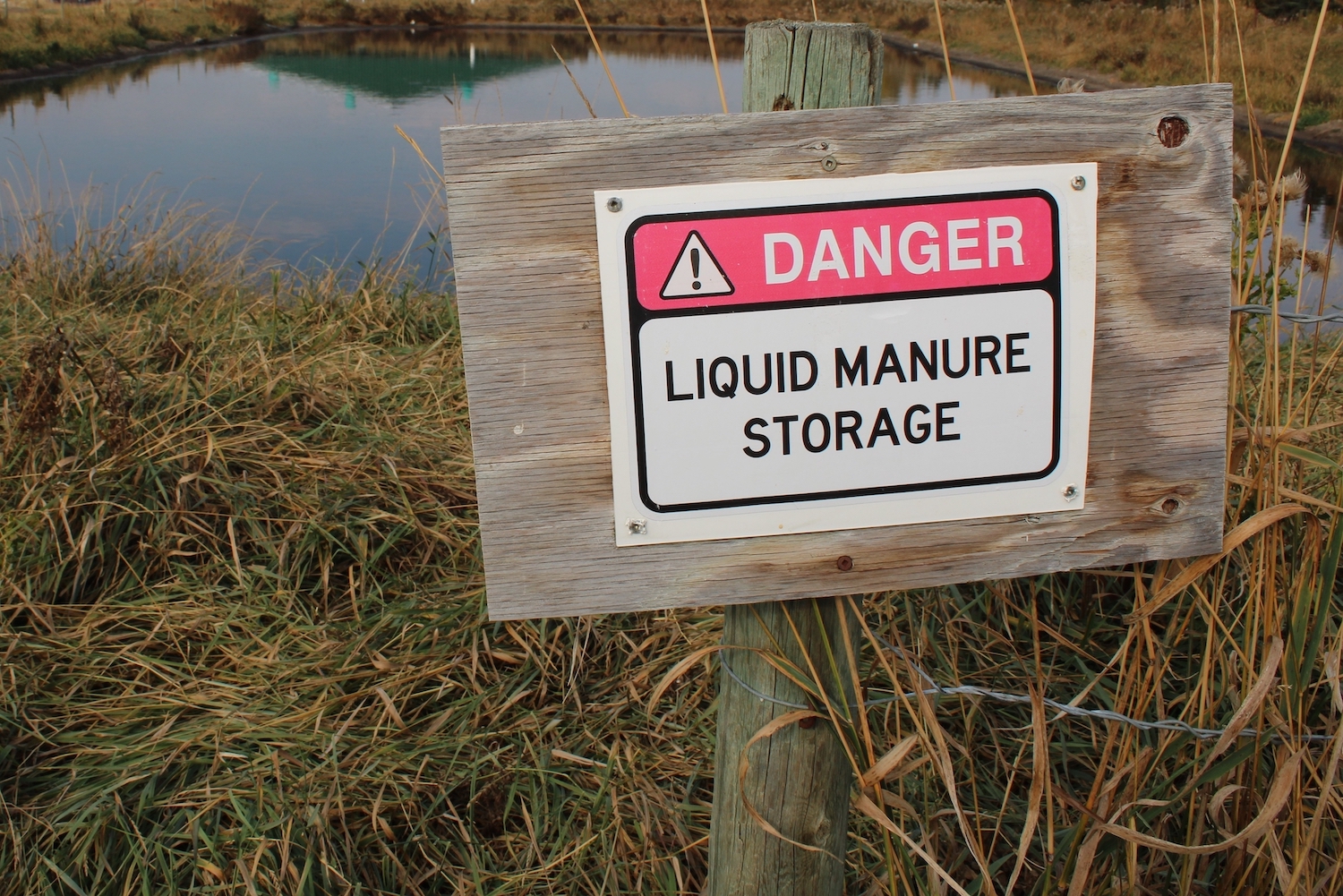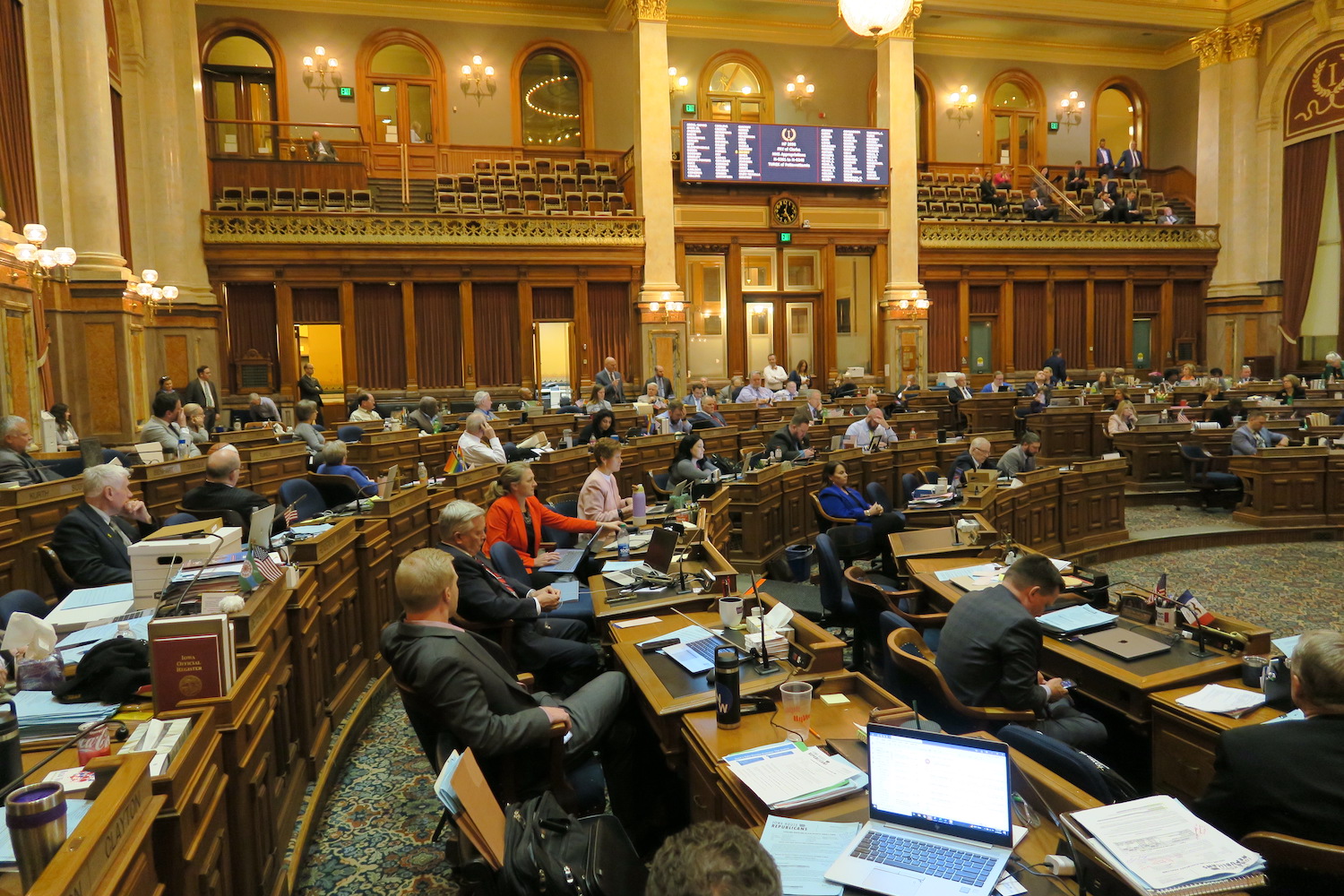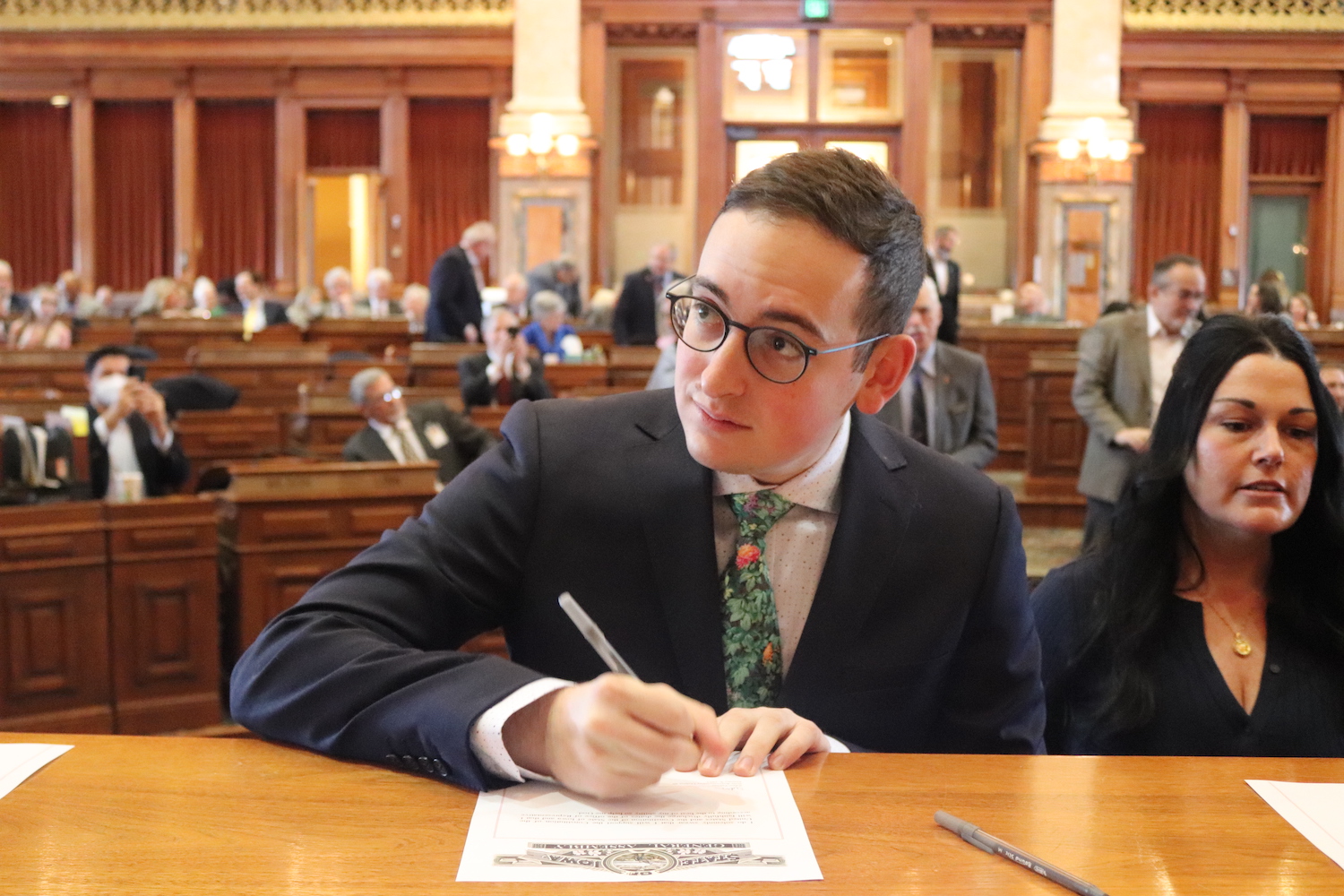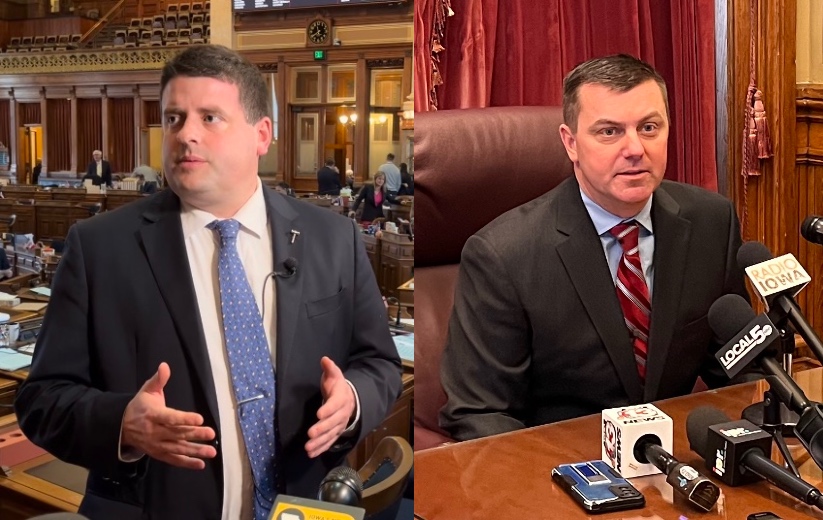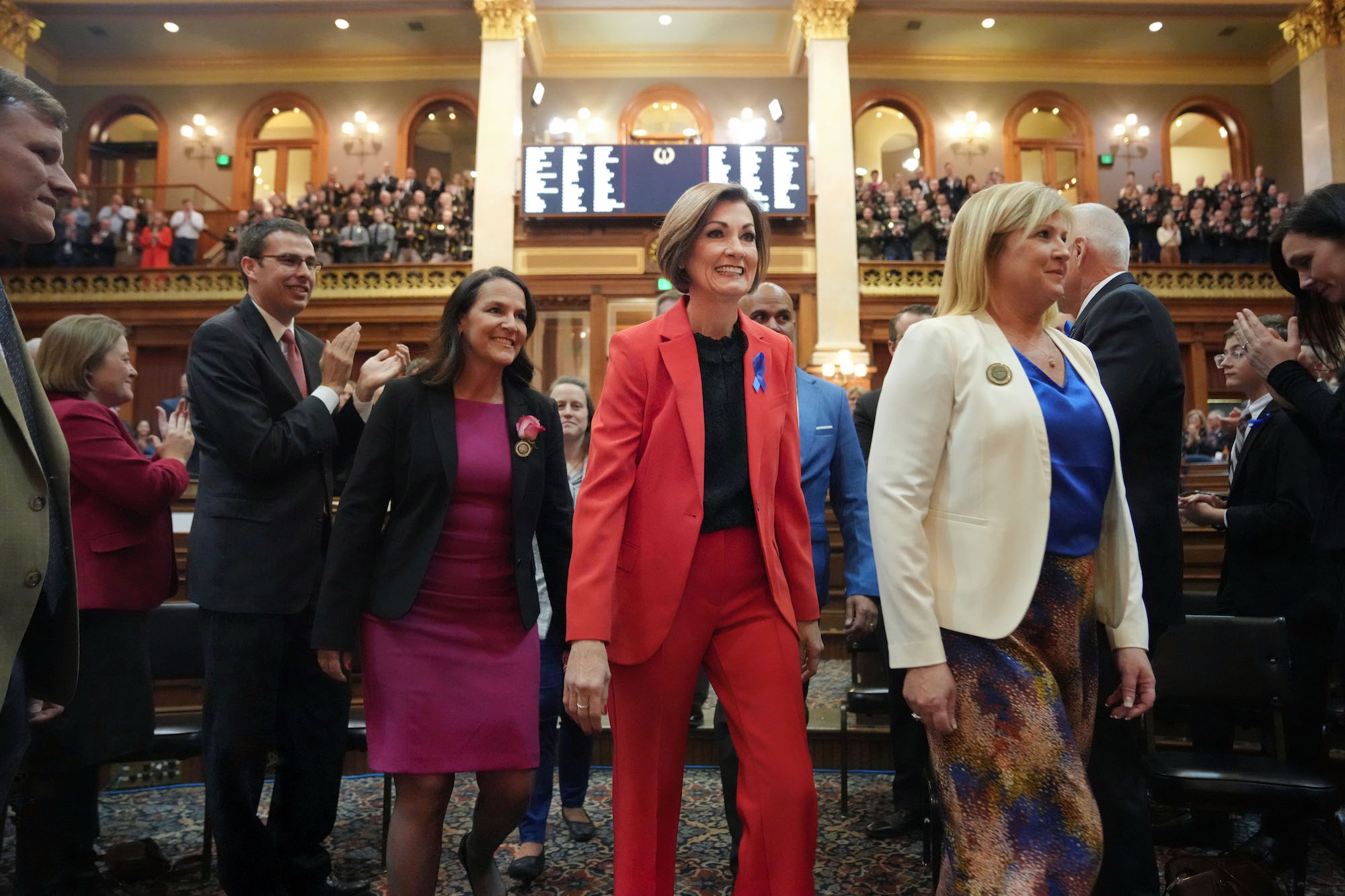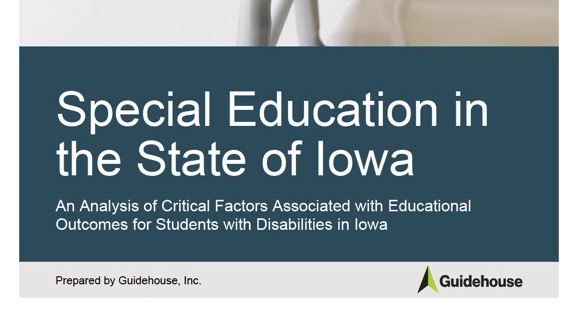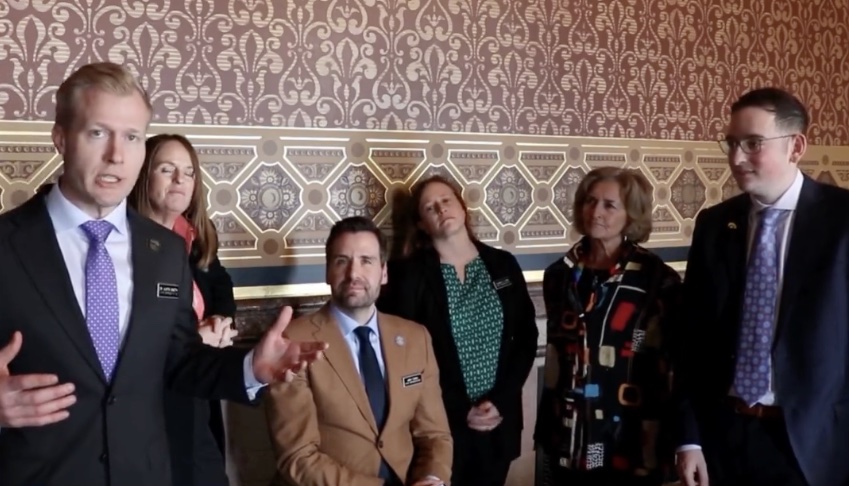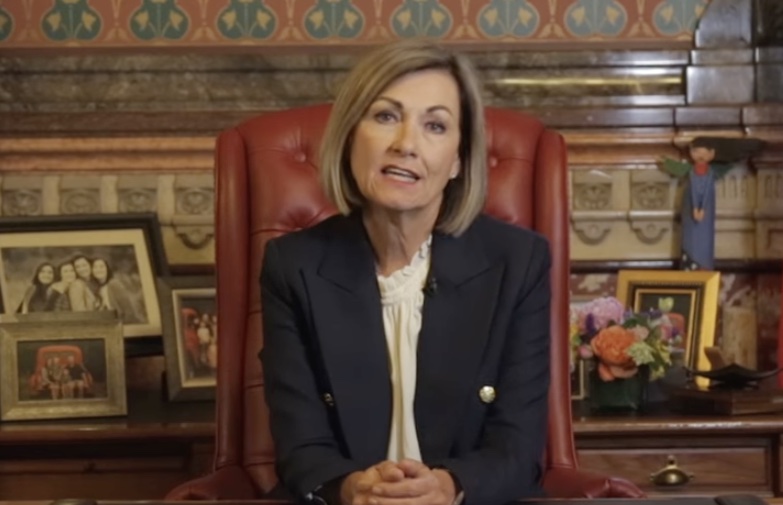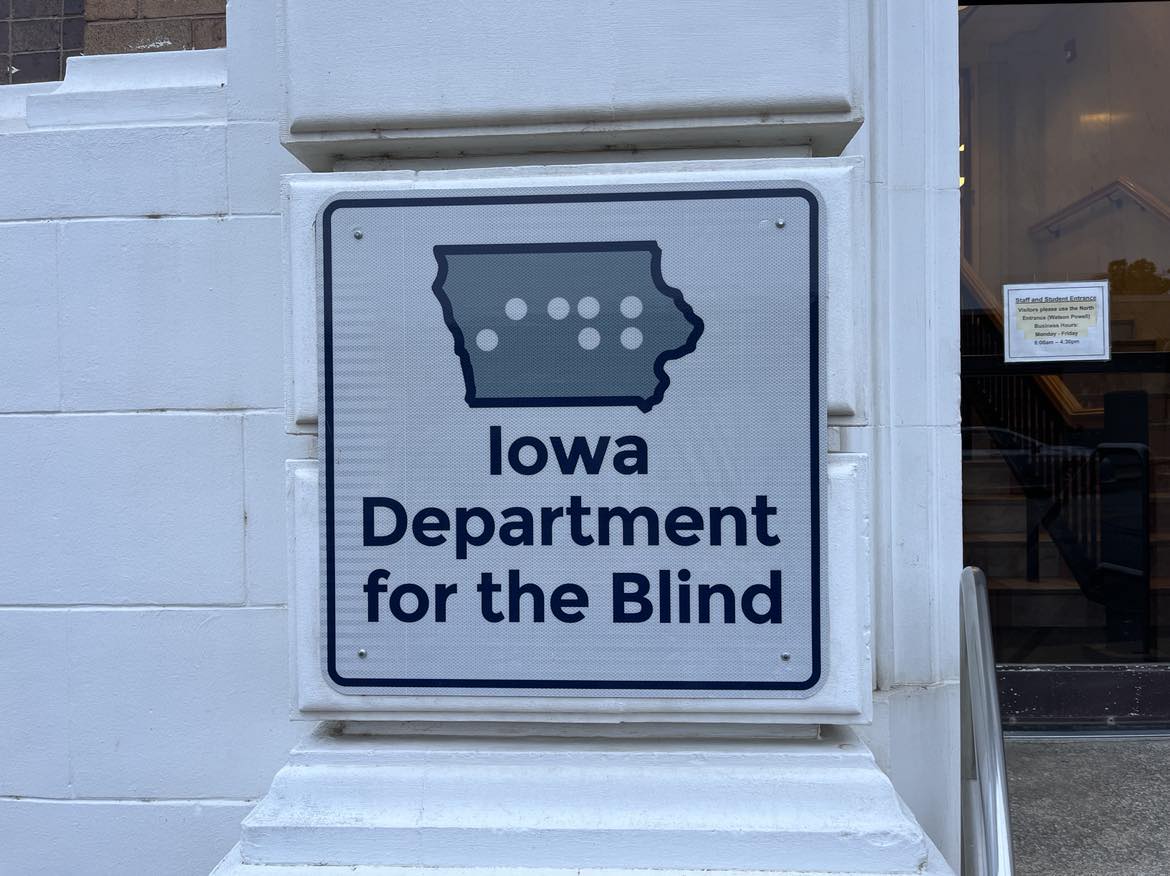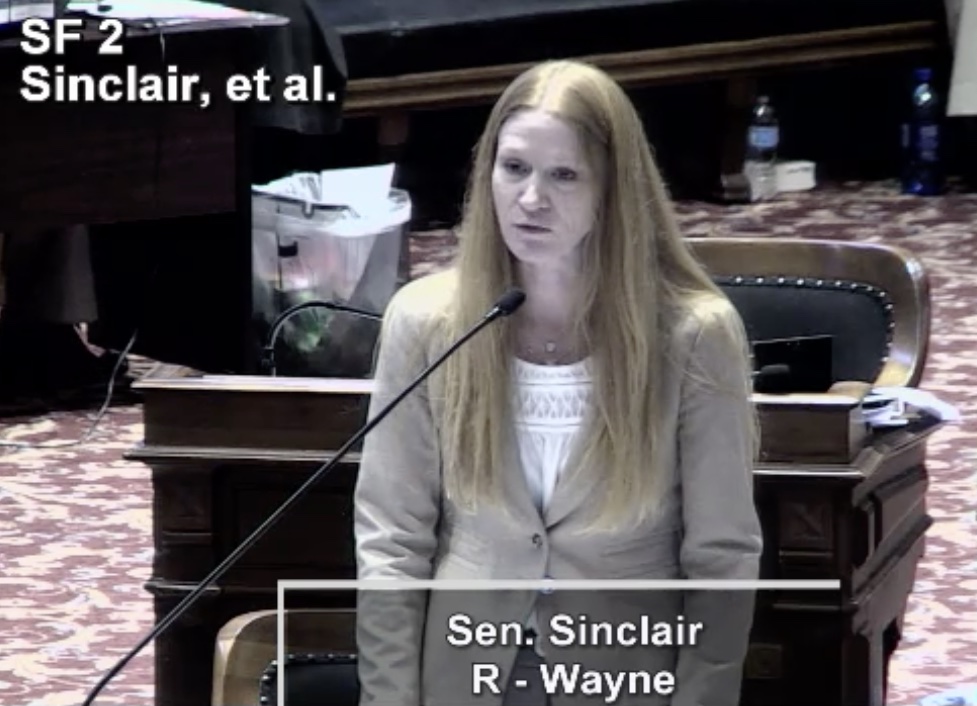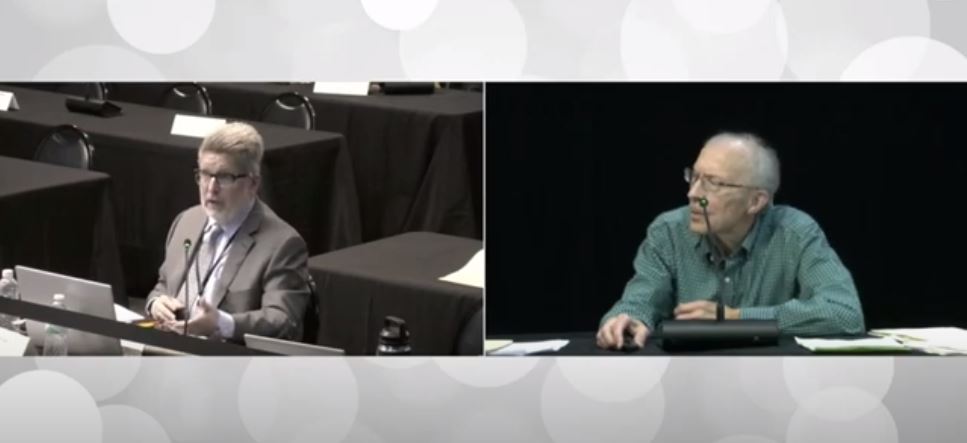The authors of this post are Dani Replogle, a staff attorney with the national advocacy group Food & Water Watch, and Michael Schmidt, a staff attorney with the Iowa Environmental Council.
Safe, clean drinking water is a basic human right. In Iowa, that right is under serious threat as nitrate-laden pollution piles up, and state cancer levels rise unchecked. It’s time for the U.S. Environmental Protection Agency (EPA) to step in. We filed a petition last week demanding just that.
Iowans have industrial agriculture to blame for worsening water quality. Over the past twenty years, concentrated animal feeding operations (CAFOs) have steadily replaced family-scale operations statewide. Today, Iowa is home to far more of these enormous polluting operations than any other state. As Big Ag moved in, they consolidated control in Des Moines, permeating state government to tilt the scales in favor of industry.
Continue Reading...
